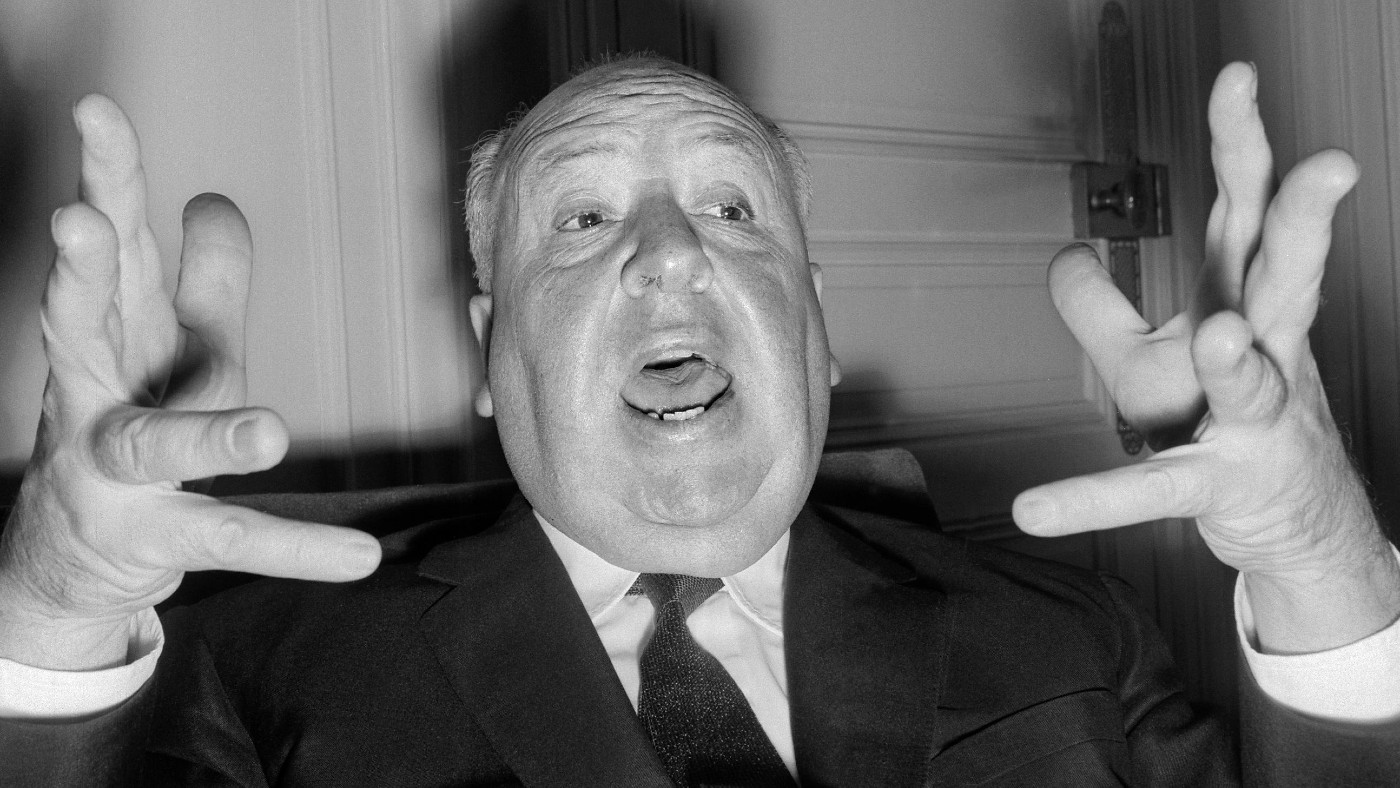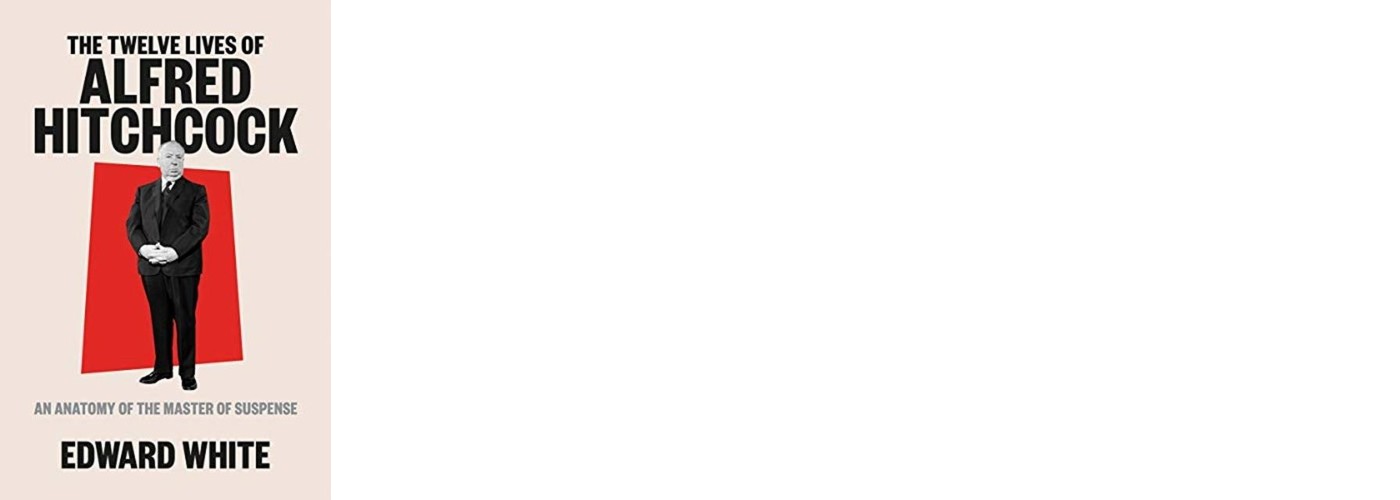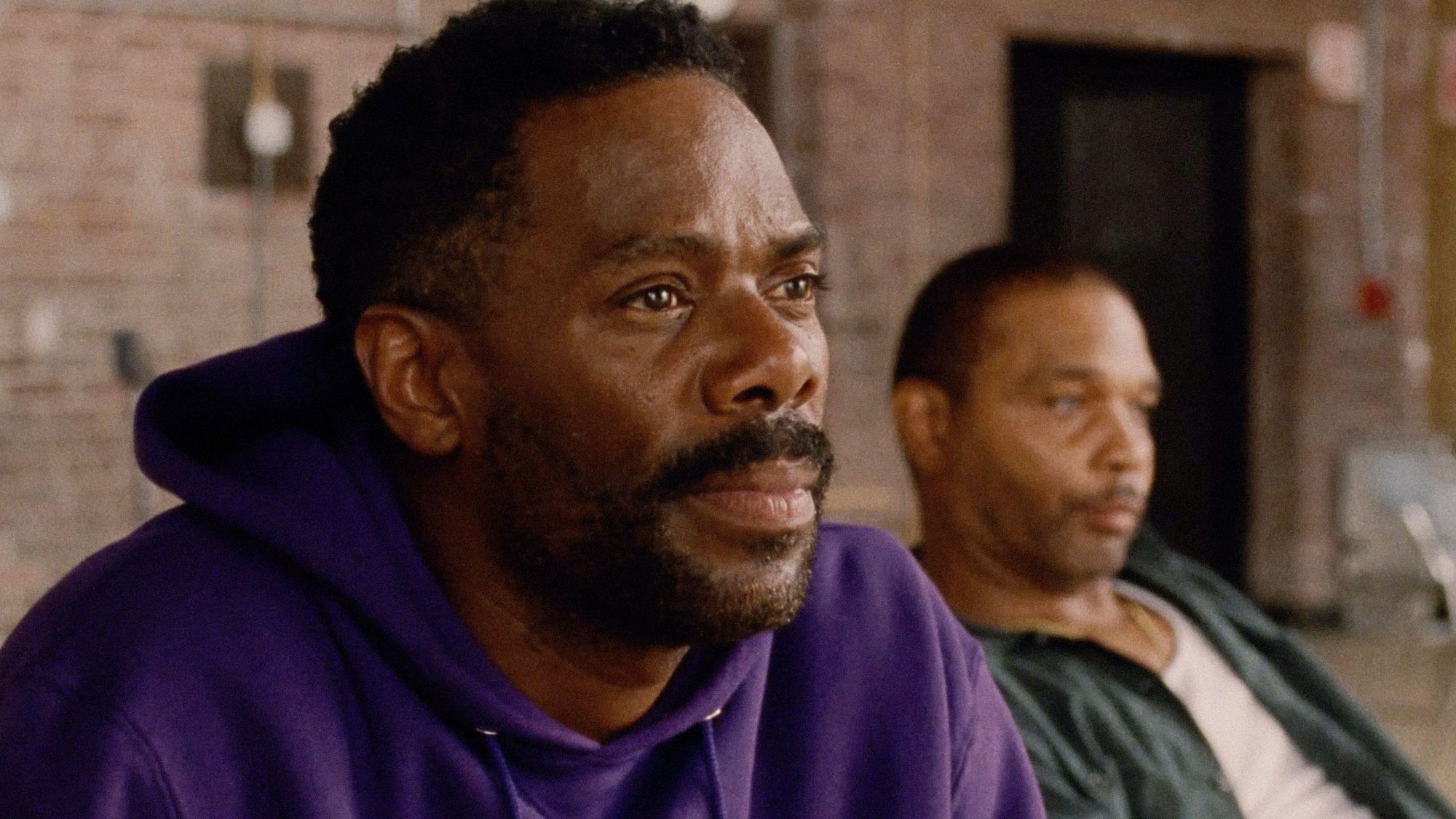Book of the week: The Twelve Lives of Alfred Hitchcock by Edward White
White’s unorthodox biography ‘dismembers Hitchcock into a dozen parts’

A free daily email with the biggest news stories of the day – and the best features from TheWeek.com
You are now subscribed
Your newsletter sign-up was successful
“Four decades on from his death, Alfred Hitchcock remains the most famous moviemaker of them all,” said Christopher Bray in the Daily Mail. The “tubby, lugubrious cockney in a banker’s suit”, with a walk-on part in all 50 of his films, is a figure everybody knows. Yet much about the man remains an enigma. Was he (as he wanted us to believe) a “serious business type who turned up on time, did his work and went happily home to his family”? Or was he (as his films suggest) a “leering pervert”, obsessed with humanity’s dark side? “Edward White’s answer to this conundrum is to dismember Hitchcock into a dozen parts.” He offers a series of thematic portraits, each focused on a different aspect of the director’s personality: Hitchcock the Dandy, Hitchcock the Voyeur, Hitchcock the Londoner, and so on. The conceit “largely works”: this is an original, absorbing study which captures the contradictory nature of “the Master of Suspense”.
One of its best chapters, entitled “The Fat Man”, concerns Hitchcock’s troubled attitude to his body, said Farran Smith Nehme in The Wall Street Journal. It circles back to the director’s friendless childhood, as the son of a grocer in Leytonstone, east London. Although as an adult Hitchcock’s appetite was legendary – he sometimes ate three steaks in a single meal – White argues that his frequent jokes about his weight betrayed a deep-rooted sensitivity. Elsewhere, the book’s fragmented structure produces moments of “odd illogic”, said Peter Conrad in The Observer. One chapter labels him “The Womaniser”, though Hitchcock claimed to be impotent, and dreamed he had a penis made of crystal that his wife Alma tried to smash. In a section considering him as a Catholic, White “rather desperately” argues that Grace Kelly’s red dress in Dial M for Murder was“liturgical”.
Hitchcock’s “desire for control” is a major theme, said Victoria Segal in The Sunday Times. He was “famous for tormenting his stars”. While filming The Birds, Tippi Hedren “spent days having live birds thrown at her head” – and later accused Hitchcock of sexually assaulting her. Without downplaying such incidents, White suggests that Hitchcock himself exaggerated his own cruelty, in order to “play up to sadistic legend”. Much like Craig Brown’s acclaimed Beatles study, One Two Three Four, this is a work that “swerves chronology in favour of the thematic, the tangential, the marginal”. And it yields many insights. “With these 12 scalpel strokes, White cuts close to his subject’s heart.”
The Week
Escape your echo chamber. Get the facts behind the news, plus analysis from multiple perspectives.

Sign up for The Week's Free Newsletters
From our morning news briefing to a weekly Good News Newsletter, get the best of The Week delivered directly to your inbox.
From our morning news briefing to a weekly Good News Newsletter, get the best of The Week delivered directly to your inbox.
W.W. Norton 400pp £22.99; The Week Bookshop £17.99

The Week Bookshop
To order this title or any other book in print, visit theweekbookshop.co.uk, or speak to a bookseller on 020-3176 3835. Opening times: Monday to Saturday 9am-5.30pm and Sunday 10am-4pm.
A free daily email with the biggest news stories of the day – and the best features from TheWeek.com
-
 How the FCC’s ‘equal time’ rule works
How the FCC’s ‘equal time’ rule worksIn the Spotlight The law is at the heart of the Colbert-CBS conflict
-
 What is the endgame in the DHS shutdown?
What is the endgame in the DHS shutdown?Today’s Big Question Democrats want to rein in ICE’s immigration crackdown
-
 ‘Poor time management isn’t just an inconvenience’
‘Poor time management isn’t just an inconvenience’Instant Opinion Opinion, comment and editorials of the day
-
 Friendship: 'bromance' comedy starring Paul Rudd and Tim Robinson
Friendship: 'bromance' comedy starring Paul Rudd and Tim RobinsonThe Week Recommends 'Lampooning and embracing' middle-aged male loneliness, this film is 'enjoyable and funny'
-
 The Count of Monte Cristo review: 'indecently spectacular' adaptation
The Count of Monte Cristo review: 'indecently spectacular' adaptationThe Week Recommends Dumas's classic 19th-century novel is once again given new life in this 'fast-moving' film
-
 Death of England: Closing Time review – 'bold, brash reflection on racism'
Death of England: Closing Time review – 'bold, brash reflection on racism'The Week Recommends The final part of this trilogy deftly explores rising political tensions across the country
-
 Sing Sing review: prison drama bursts with 'charm, energy and optimism'
Sing Sing review: prison drama bursts with 'charm, energy and optimism'The Week Recommends Colman Domingo plays a real-life prisoner in a performance likely to be an Oscars shoo-in
-
 Kaos review: comic retelling of Greek mythology starring Jeff Goldblum
Kaos review: comic retelling of Greek mythology starring Jeff GoldblumThe Week Recommends The new series captures audiences as it 'never takes itself too seriously'
-
 Blink Twice review: a 'stylish and savage' black comedy thriller
Blink Twice review: a 'stylish and savage' black comedy thrillerThe Week Recommends Channing Tatum and Naomi Ackie stun in this film on the hedonistic rich directed by Zoë Kravitz
-
 Shifters review: 'beautiful' new romantic comedy offers 'bittersweet tenderness'
Shifters review: 'beautiful' new romantic comedy offers 'bittersweet tenderness'The Week Recommends The 'inventive, emotionally astute writing' leaves audiences gripped throughout
-
 How to do F1: British Grand Prix 2025
How to do F1: British Grand Prix 2025The Week Recommends One of the biggest events of the motorsports calendar is back and better than ever